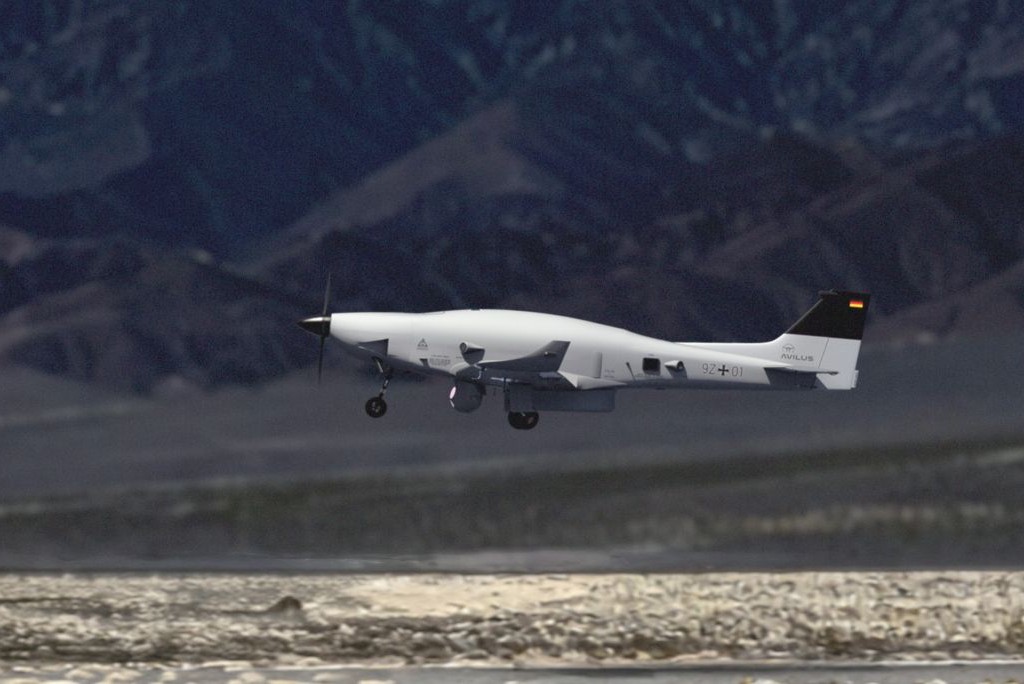Executive Order on U.S.-Qatar Defense Relations
Introduction
In a recent strategic development, President Donald Trump has enacted an executive order pledging to utilize military measures among other tactics to safeguard Qatar, a nation rich in energy resources. This commitment, however, raises questions regarding its enforceability and implications for U.S. foreign policy in the region.
Details of the Executive Order
The executive order emphasizes the “close collaboration” and “mutual interests” shared between the United States and Qatar. Key components include:
- Security Assurance: The U.S. will actively protect Qatar’s sovereignty and critical infrastructure against external threats.
- Threat Assessment: Any armed aggression against Qatar will be treated as a direct threat to U.S. national security.
- Response Framework: The order states that the U.S. will employ all lawful means—including diplomatic, economic, and military options—to defend both U.S. and Qatari interests in the event of an attack.
Contextual Significance
This executive action coincided with a visit from Israeli Prime Minister Benjamin Netanyahu. During this meeting, a call was facilitated in which Netanyahu expressed “deep regret” over an Israeli military action that resulted in civilian casualties, including members of the Qatari security forces.
- Crisis Management: Such high-level interactions highlight the complex interplay of military and diplomatic relations in the Middle East, especially following incidents that strain regional partnerships.
Responses and Implications
While Qatari officials have yet to publicly comment on the executive order, its prominence in Qatari media underscores its importance. Al Jazeera, a Qatari-funded outlet, has framed the order as a significant national security guarantee in the aftermath of Israeli military actions.
Scope of the Commitment
The scope of this executive order remains nebulous. Generally, international agreements of this nature require Senate ratification, yet past presidencies have engaged in unilateral actions similar to this, as demonstrated by Barack Obama’s 2015 nuclear agreement with Iran.
- Legal Precedents: Presidents have historically maneuvered around Senate approval, complicating the landscape of U.S. international obligations.
Military Decision-Making
It is crucial to recognize that the authority to enact military responses lies ultimately with the president. This uncertainty consistently challenges previous U.S. defense partnerships, manifesting in concerns over NATO’s Article 5 commitments, which rely on collective defense principles.
Qatar’s Strategic Role
Qatar plays a pivotal role in U.S. military strategy due to its vast natural gas reserves and its support of U.S. operations from the strategic Al Udeid Air Base, which houses Central Command’s operational forces. The Biden administration officially recognized Qatar as a major non-NATO ally in 2022, reinforcing U.S. reliance on the nation, especially during the tumultuous withdrawal from Afghanistan.
The Gulf’s Importance
According to Bader al-Saif, a historian specializing in Gulf affairs, the strategic importance of the Gulf region necessitates enhanced U.S. defense guarantees that exceed casual assurances. Key points include:
- Geopolitical Stability: The Gulf’s centrality in the Middle East underscores a need for reliable security frameworks.
- Regional Dynamics: Heightened U.S. commitments could alter perceptions and strategies among neighboring countries, potentially impacting regional security dynamics.
Conclusion
This executive order not only reaffirms U.S. support for Qatar but also casts a spotlight on the complexities of international defense agreements. As diplomatic and military strategies continue to evolve, the ultimate effectiveness of this commitment will depend on future interactions and the geopolitical landscape in the Middle East.





